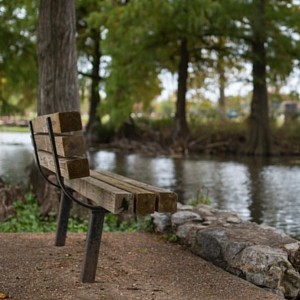The week is dedicated to raising awareness about poisoning in the country and highlighting specific ways to prevent it. The Oklahoma Center for Poison and Drug Information will open the 54th annual observance March 20-26 by reminding the public that while poisoning is the leading cause of injury death in the United States, many poisonings are preventable, and expert help is always just a phone call away.
While most poisoning deaths are due to the misuse and abuse of both legal and illegal drugs, poisonings involve a vast array of substances and occur in many ways. In 2014, almost 80 percent of the exposures reported to poison centers involved people who swallowed a substance. Besides medication, other substances that cause poisoning include consumer and household products, plants, mushrooms, pesticides, insect stings – and snake bites.
During the spring, warmer temperatures and rain means an increase in calls to the Poison Center regarding snakebites. Last year, parts of Oklahoma experienced an increased amount of rain fall and the center saw a 10 percent increase in calls about snakebites. Specialists at the center worked closely with physicians around the state to provide the best treatment advice.
Oklahoma has three types of venomous snakes, all pit vipers: the copperhead, cottonmouth (also known as a water moccasin) and several species of rattlesnake. The Poison Center also receives calls about snakes not native to Oklahoma, as many people keep exotic snakes as pets. Venomous snakes native to Oklahoma have slit pupils, a triangular-shaped head and a heat-sensing pit on each side of the head between the eye and the nostril.
“Most pit viper bites are painful and swelling can occur rapidly,” said Scott Schaeffer, managing director for the Oklahoma Poison Control Center. In addition to the swelling, which can be severe, the venom from these snakes can cause problems with blood clotting, leading to internal bleeding. If bitten by a snake, do not attempt to treat the wound yourself, as many home and field treatments can cause additional harm. Wash the area immediately with soap and water and call the Poison Center right away.
The Oklahoma Center for Poison and Drug Information offers the following tips to help prevent snakebite this spring:
- DO NOT handle or play with snakes. Even dead snakes can bite reflexively.
- Keep your landscape or campsite well-manicured.
- Wear boots and long pants in areas known to have snakes, and avoid walking alone in these areas.
- Watch where you step and place your hands when outdoors. Do not put your hands or feet into places you cannot see. Carry a flashlight, and wear shoes when walking outside after dark.
- Stay on open ground; walk on clear paths and avoid sleeping on the ground. Place your sleeping bag away from caves and rock piles.
For more information on National Poison Prevention Week, visit oklahomapoison.org or preventpoison.org. Individuals and organizations who would like to follow social media content pertaining to National Poison Prevention Week should use and search for the hashtags #NPPW16 and #preventpoison.
Pharmacists and registered nurses at the poison center are available 24 hours a day, seven days a week at (800) 222-1222. Please do not email the poison center or a member of the poison center staff, as poisoning emergencies are not handled through email.
The Oklahoma Center for Poison and Drug Information is a program of the University of Oklahoma College of Pharmacy at the OU Health Sciences Center. For more information, log on to oklahomapoison.org.



